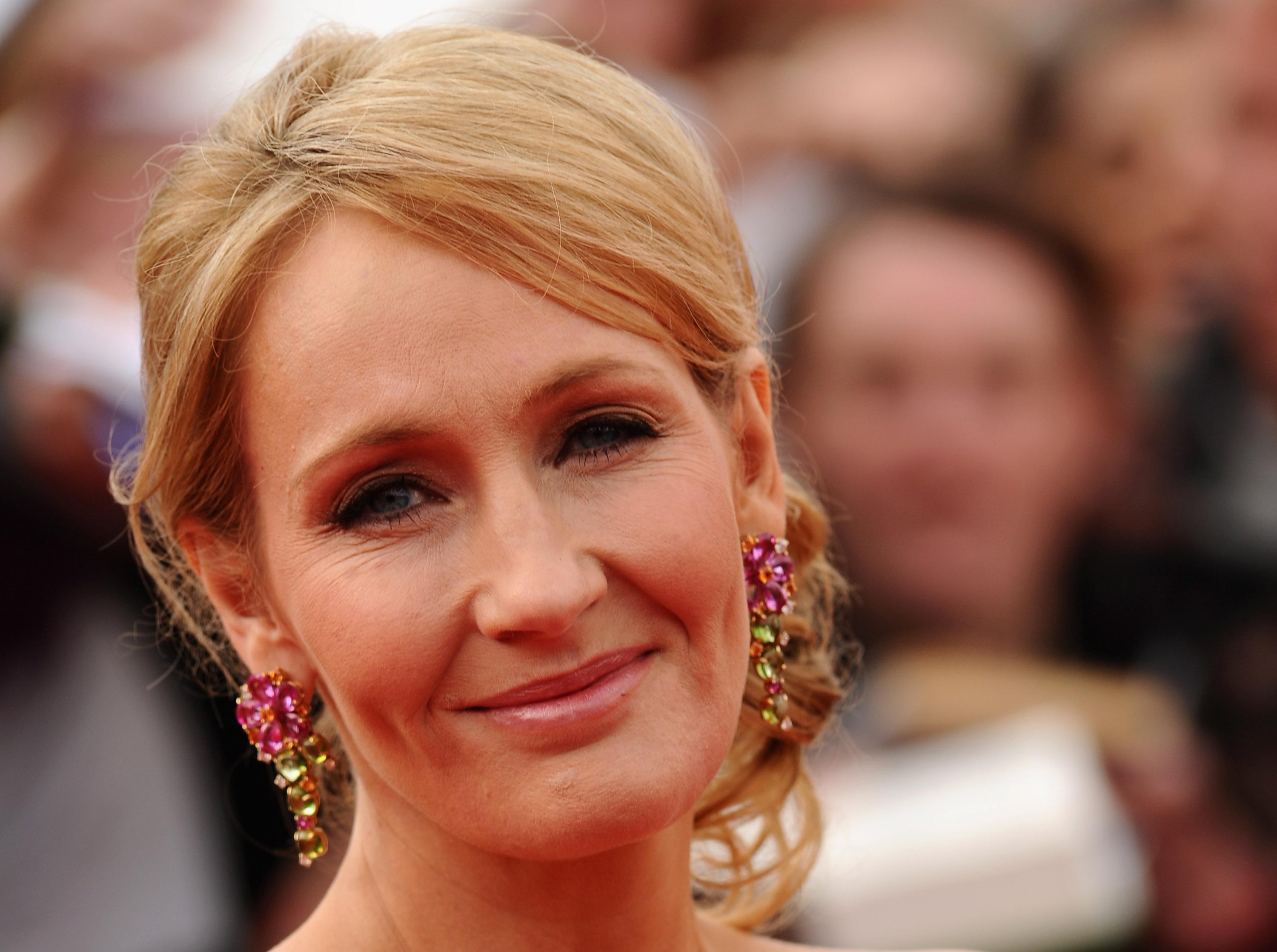If, like me, you can remember how, when Harry Potter and the Deathly Hallows, the final book in the wizarding series, came out five years ago, you were sort of embarrassed to wait with the midnight hordes of middle schoolers to pick up your copy, you may be thrilled at the news that author J.K. Rowling has penned a novel for adults. Today, Little, Brown, and Company announced that they would publish the book—though, so far, the mystery surrounding the project’s title, estimated time of arrival, and subject matter seems as impenetrable as the Forbidden Forest.
That won’t stop people, including me, from speculating about what a novel by J.K. Rowling for oldsters might be like, of course. The main question on my mind is, will it be any good?
I’m not getting my hopes up. The virtue of the Harry Potter books was in their wainscotting—the way they enmeshed the everyday world with an utterly imaginative, overflowing, fully realized universe of magic. I never knew what to expect from the Hogwarts brew of creatures and potions, many of which flowed from an ever-shifting sea of sources: Greek myths, fairy tales, and Celtic and English folk stories.
On the other hand, the Harry Potter books didn’t actually excel in many other ways that might predict a sterling novel for adults. They weren’t strong on character development or subtle themes. Take Harry himself, who got more insufferable and annoying the more Rowling tried to shape him into a Complex Teenager. Throughout books five and six, his emoting was tiresome; I kept hoping he’d find a Hippogriff to rescue.
The same thing happened in Deathly Hallows, with Ron’s jealous implosion; Rowling may have thought she was lacing her books with a maturer sensibility (to be fair, Voldemort’s evil lent the saga an appealing darkness), but the side plot was heavy-handed. Did we need a revolt to confirm Harry’s perfection or Ron’s inferiority? The reach for emotional complexity actually made the Potterverse feel more reductive.
Another major selling point for the Harry Potter series was its knack for tapping into the mystique of English boarding schools. And perhaps Rowling will capitalize on her sense of place and eye for social footwork in her latest book—or maybe she’ll win us over with snappy dialogue, another strength. I’ll certainly pick up a copy, if only to make sure I don’t miss out on a treasure.
It’s also entirely possible, of course, that Rowling will wow us with skills the Harry Potter books did not themselves display. In her very brief comment about the upcoming book, she stresses its departures from the series that made her famous:
Although I’ve enjoyed writing it every bit as much, my next book will be very different to the Harry Potter series, which has been published so brilliantly by Bloomsbury and my other publishers around the world. The freedom to explore new territory is a gift that Harry’s success has brought me.
She added that she was delighted to partner with Little, Brown, and Company in “this new phase of my writing life.”
